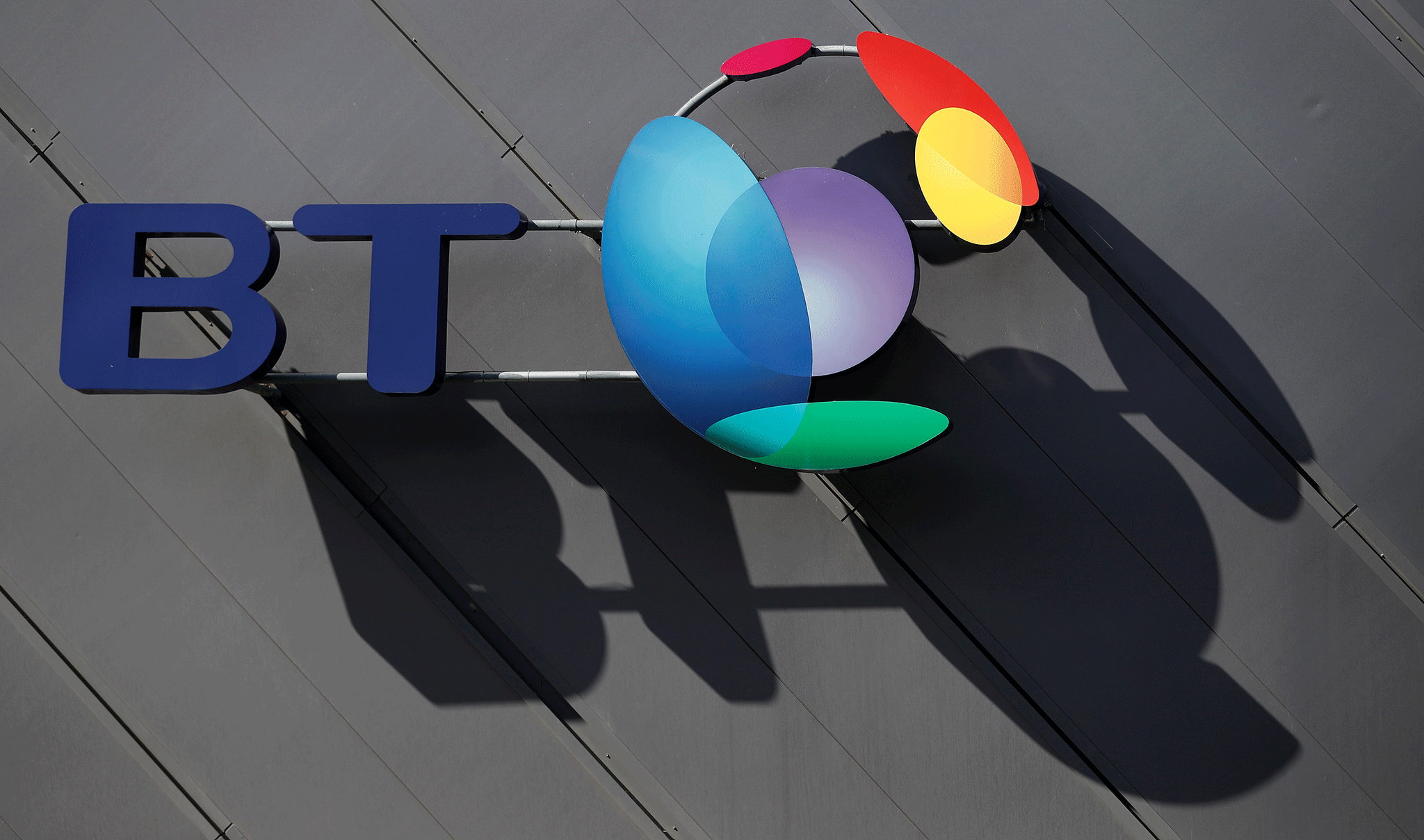BT gets record fine, Tesco has a big one coming, but are these penalties effective?
The financial impact will be limited when set against these companies’ revenues and earnings

You could almost hear the wrists being slapped in the City as the week got started with news of one corporate fine alongside speculation over the size of another.
BT is the company where the size of the penalty is known. It was told to pay £42m for failures at Openreach, which owns the network of cables used by most broadband companies. It will also have to make good with its corporate customers, who constantly complain about the service they receive, to the tune of £300m.
Now, the headlines all read “record penalty” because it is. But let’s give a bit of context to the numbers.
In just the third quarter of its current financial year, BT Group generated £6.1bn in revenue, and made a profit of £526m on that.
The combined penalty, including the compensation, therefore represents about two months’ worth of earnings, and just over a week’s worth of revenue.
If you wanted to set the penalty against just Openreach’s numbers, it represents less than a month of revenues.
Painful? Undoubtedly. But the level of financial discomfort to BT and its shareholders is more along the lines of what you might expect from a ’flu jab than anything more serious. It hurts a bit at first, and is often sore for a few days afterwards, but that’s all.
It’s a bit harder to conduct that exercise with Tesco, given we don’t know the exact amount it will pay via a plea deal with the Serious Fraud Office, which has been investigating the accounting fraud that saw the grocer overstating profits by £250m in 2014.
However, the predictions that the settlement could reach £500m have been moderated to “well in excess of £100m”.
For argument’s sake, let’s put the amount at £150m. One of the first rules of financial journalism is that you make numbers look as big as possible at the outset to get people interested. Anything above £151m and people would be talking about “nearly £200m” in their headlines under rounding conventions, so I’m going for the biggest figure below that (admittedly this isn’t very scientific).
Now, for the first half of its current financial year, which excludes the Christmas period, Tesco generated sales including fuel, but excluding VAT, of £27.34bn against which a fine of that level isn’t even a pinprick. It’s a rounding error.
Operating profits came in at £596m, excluding one-off “exceptional items” which is the column the fine will be included in when it is booked. Assuming I’m even close to being right, my estimated penalty represents about a quarter of the company’s interim operating profits, a bit above what it makes in six weeks at a quiet time of the year.
Again, painful, but manageable in the way that a winter cold is manageable.
I keep getting told executives, and boards, get very upset when the companies that they run are fined for any reason, and that they take such penalties very seriously.
Seriously enough for the executives to feel the impact in their bonuses? We’ll see, shall we? Past history says they usually get paid. The people in charge at the time of the wrongdoing have often left by the time the regulators act.
Seriously enough to take meaningful steps outside of the by now standard statements of regret and promises to do better issued in statements accompanying fine announcements?
To be fair, Tesco has taken action. Fraud is about as serious as it gets for a plc and, since that profit overstatement came to light, a new executive team has been hired and the board has been purged.
I would just venture to suggest that the punishment still won’t entirely reflect the seriousness of the crime if the reports are correct, but we’ll see.
Back to BT. Will its penalty pay prompt the sort of investment required to fix Openreach, which Ofcom has made a legally independent part of the group? It’s an open question.
The bigger question, about whether fining big companies is effective when it comes to getting them to behave, remains.
Banks only really started to take the issue seriously when the Americans started throwing billion-dollar penalties around.
Critics have complained that the Obama era Department of Justice indulged in a “shakedown” of financial institutions. There certainly doesn’t appear to be much in the way of science when it comes to how its penalties were set. But the banks have surely had to take notice.
Business news: In pictures
Show all 13Even somnolent institutional shareholders start to get chippy when billions of dollars are poured down the regulatory drain. There have been instances where they’ve been sufficiently upset that the bosses they employ have seen their bonuses clipped.
Fines have been rising in this country, but British regulators have fought shy of American practices, even argued against them, while talking up the virtues of the bad publicity companies that get hit receive, and the message that is sent by that.
But if they are right, and imposing fines at the sort of level we are currently seeing combined with that bad PR is effective, then why does it happen so often?
Subscribe to Independent Premium to bookmark this article
Want to bookmark your favourite articles and stories to read or reference later? Start your Independent Premium subscription today.

Join our commenting forum
Join thought-provoking conversations, follow other Independent readers and see their replies